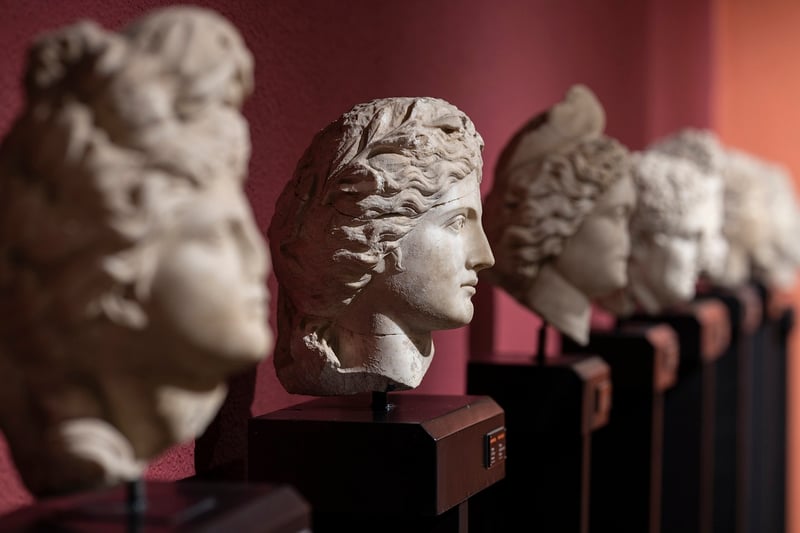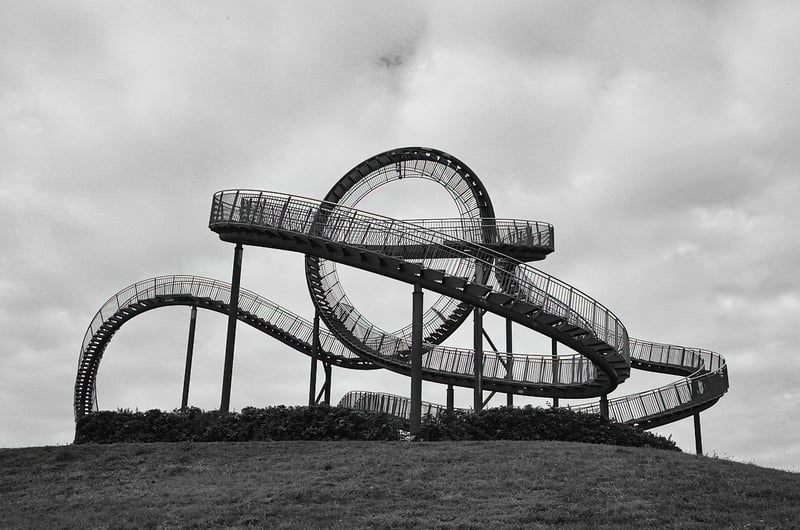Temporal Challenges
Exploring Time Periods and Temporal Challenges
Time is a fundamental aspect of our existence, shaping the way we perceive the world and our place in it. Throughout history, various time periods have defined human civilization, each with its unique characteristics, challenges, and innovations. Let's delve into some key time periods and the temporal challenges they presented.
Ancient Times
Ancient civilizations such as the Egyptians, Greeks, and Romans existed in a time where sundials and water clocks were used to measure time. Challenges in timekeeping were prevalent due to inaccuracies in these early methods, leading to discrepancies in scheduling events and activities.

Medieval Era
The Medieval period saw the introduction of mechanical clocks, bringing advancements in timekeeping. However, challenges persisted with clock accuracy and maintenance, impacting activities such as trade, travel, and daily routines.

Industrial Revolution
The Industrial Revolution revolutionized time management with the standardization of time zones and the invention of precise timepieces. Challenges arose in coordinating schedules across regions and industries, leading to the establishment of global time standards.

Modern Times
In the digital age, advancements in technology have made timekeeping more precise and accessible. Challenges in managing time have shifted towards information overload, multitasking, and balancing work-life responsibilities in a fast-paced world.

Future Prospects
As we look to the future, time will continue to influence how we organize our lives and societies. Addressing temporal challenges such as time perception, time allocation, and efficient time utilization will be crucial in navigating the complexities of an ever-evolving world.
Exploring different time periods and understanding the temporal challenges they present allows us to appreciate the importance of time in shaping human experiences and driving progress.
